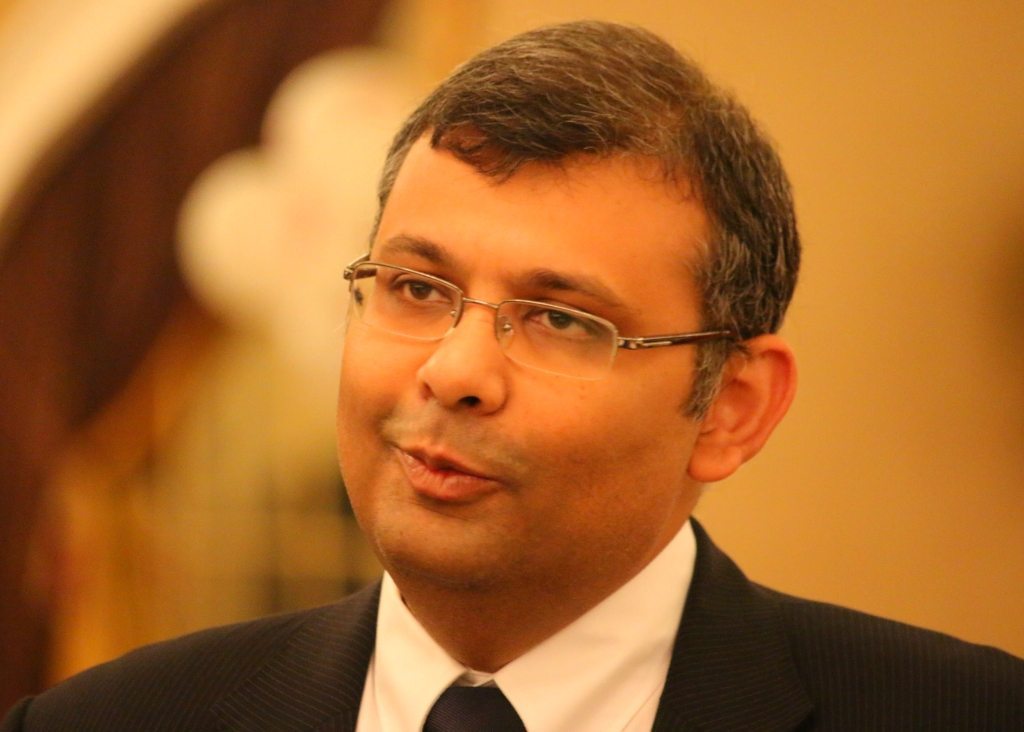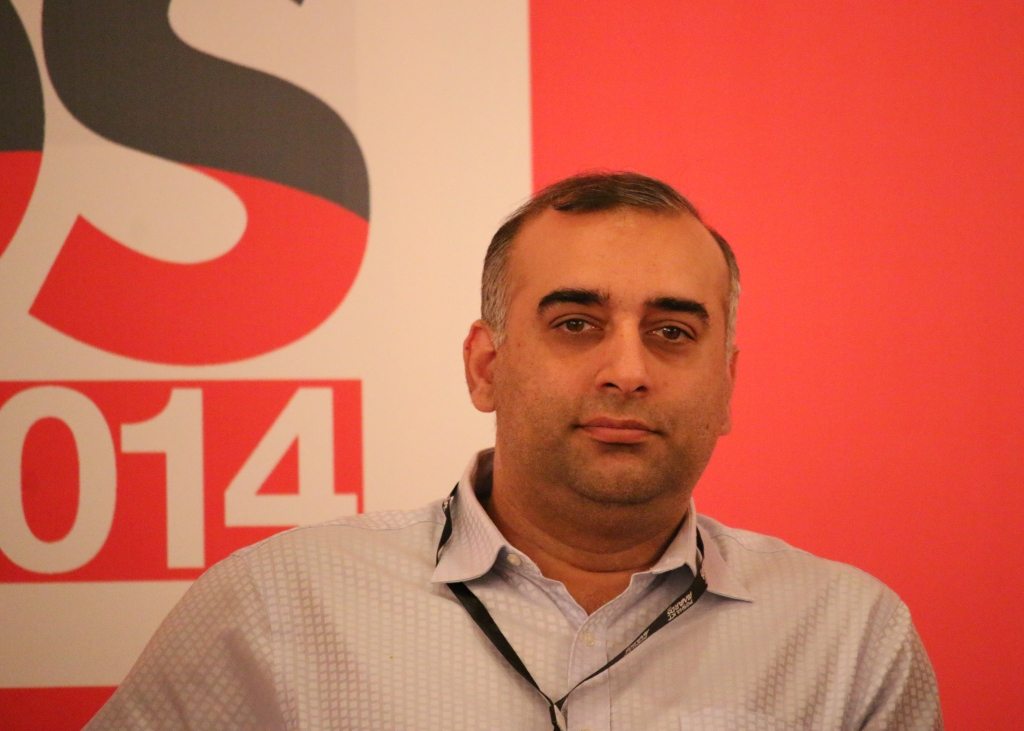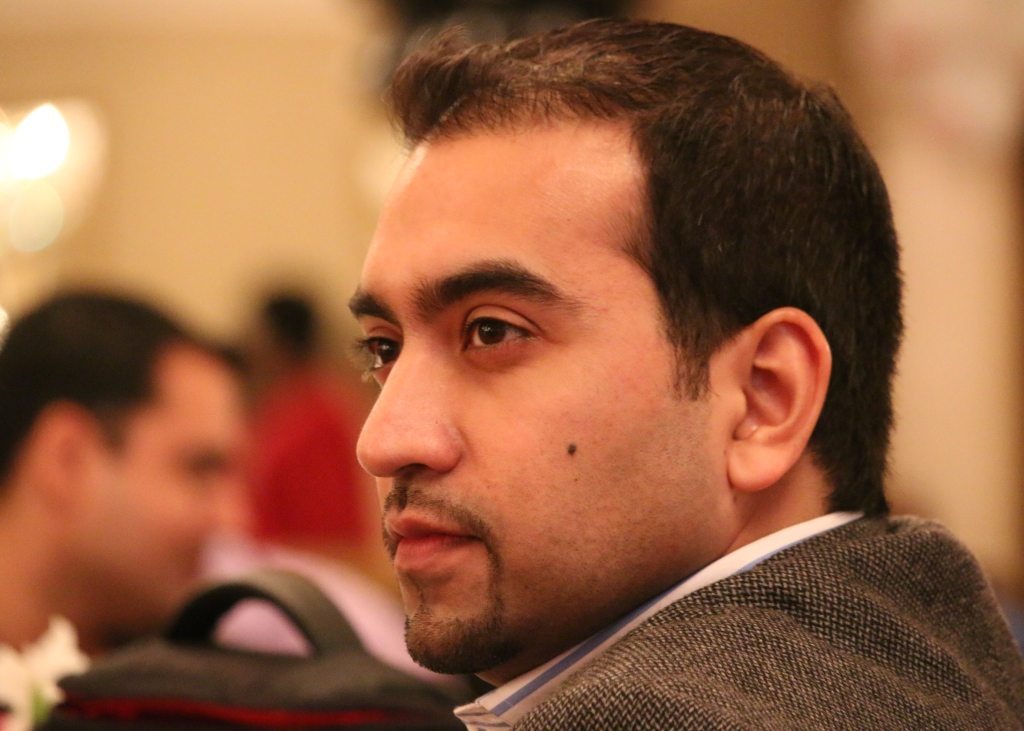Talent Management – Where is the problem? Possible solutions
The event – PASHA ICT Awards Conference – Karachi – 15th November 2014.
The first panel at the PASHA ICT Awards Conference this Saturday generated a lot of heated debate. We received a heavy dose of reality from Afaque Ahmed, a technology entrepreneur who is betting his assets and his net worth on changing the face of technology education in Pakistan. Afaque’s view point was balanced by Badar Khushnood, Google Country Consultant for Pakistan and Nabeel Qadeer from Plan 9 who spoke about their individual experiences about resource quality and talent in Pakistan and the many experiments Plan 9 has run over the last two years with young people in Lahore. Owais Zaidi from Zong, also a technology entrepreneur and now leading the vendor management and strategic relationship role for Zong at Islamabad, jumped in with his view point, sometimes coming in to support Afaque, on occasions weighing in with Nabeel and Badar.
Here are some bites from the panel discussion and the continuing follow on debates that happened during the day.
The questions
Is there talent in Pakistan? Do we produce engineers or technicians? Do we produce makers or sellers? Where does the challenge lie? What should we focus on? Where should our effort zero in? Who is going to solve this problem?
The Panel: Afaque Ahmed – KITE, Nabeel Qadeer – Plan 9, Badar Khushnood – Google Pakistan, Owais Zaidi – Zong Pakistan. Moderator: Jawwad Farid – Alchemy Technologies, FinanceTrainingCourse.com




The challenge in education today rise across the sector, from primary schools to undergraduate institutions. Critical thinking, questioning assumptions, challenging status quo and skill development are areas where we have to focus because this is where we see the biggest gaps as the industry. The issue is not even rote learning or the curriculum for graduating students. The problem is with execution. It is not enough to add or subtract or multiply two numbers. You must get comfortable with the process of thinking, of applying it, of extending it.
Education must lead to personal and professional growth. Children and adults must acquire the right mindset, work ethic, attitude and skills that they can put to work after going through a 16 year program of schooling. When a school simply punches a ticket and hands over a diploma without doing the necessary ground work it doesn’t just do injustice to the child but to society and the generations that follows.
It isn’t enough or sufficient to produce 1,000 tier one computer science students across Pakistan. We need to produce 100,000 tier one students rather than tier three or tier four graduates. Till we hit this milestone, the jury will continue to indict our educational efforts as a failure.
If we create a single elitist school in Karachi, Lahore, Islamabad or Peshawar that produces 200 top tier graduates a year, we have failed. So quoting FAST, LUMS, IBA, GIK, KITE, Habib University or AKU as successful role models is not enough. Their combined annual output is not enough to change our national landscape.
We need a radical shift in perspective. We need to create institutions that can scale the process of education to the point that they produce 25,000 individuals who understand how to use their brains and put them to work to create value for not just themselves but broader society.
I know we get compared with Israel in terms of our resource foot print whenever a comparison is drawn with India. But Israel is only 8 million people and the Israeli specialization model can certainly work for small city and nation states. It has certainly done wonders for Israel. But it would still leave a large part of our 200 million strong population behind. And that is really what Afaque’s assertion focuses on. If want our following generations to live in this country we have to ensure that we lift the rest of the country with us. Two hundred and fifty thousand educated technology professionals earning hundreds of thousands of dollars in income would mean nothing if the remaining 199.75 million population of this country stays illiterate, unemployed and hungry.
We can no longer look just towards the government for a solution. It is not a statement of despair of an indictment of failure, or both. It is just that private sector and individual efforts must use technology to address the education challenge.
Estonia today has made it compulsory to teach computer science all the way from grade one. While we can’t expect a similar national effort here in our country, there are large private school systems that can still fix the underlying issue within their network of influence with some simple changes. Create a push for teaching computer science at a younger age. Use tools like Scratch to bring themes together from computer science, logical thinking, problem solving and mathematics in grade six or earlier. When we teach children about prime numbers, factors, multiples and factorials, show them how to calculate these concepts using a simple programming algorithm in Scratch. It is a simple shift that completely changes the wiring associated with these concepts in a young mind.
Beyond private schools at an individual level a shift is required. Society doesn’t owe you anything, if you are not willing to put in the effort to improve yourself.
There is an enormous library of public resources available that can be used to upgrade your skill set. If your education institution has failed in its job to educate you, you have a responsibility as an individual to use these resources to upgrade your skill set. The opportunity is there for the taking. Make the effort and grab it.
To fix this problem we need a collaborative effort between schools, parents & the industry. Without this effort the annual assessment of the education industry in Pakistan will continue to deteriorate and slide.

